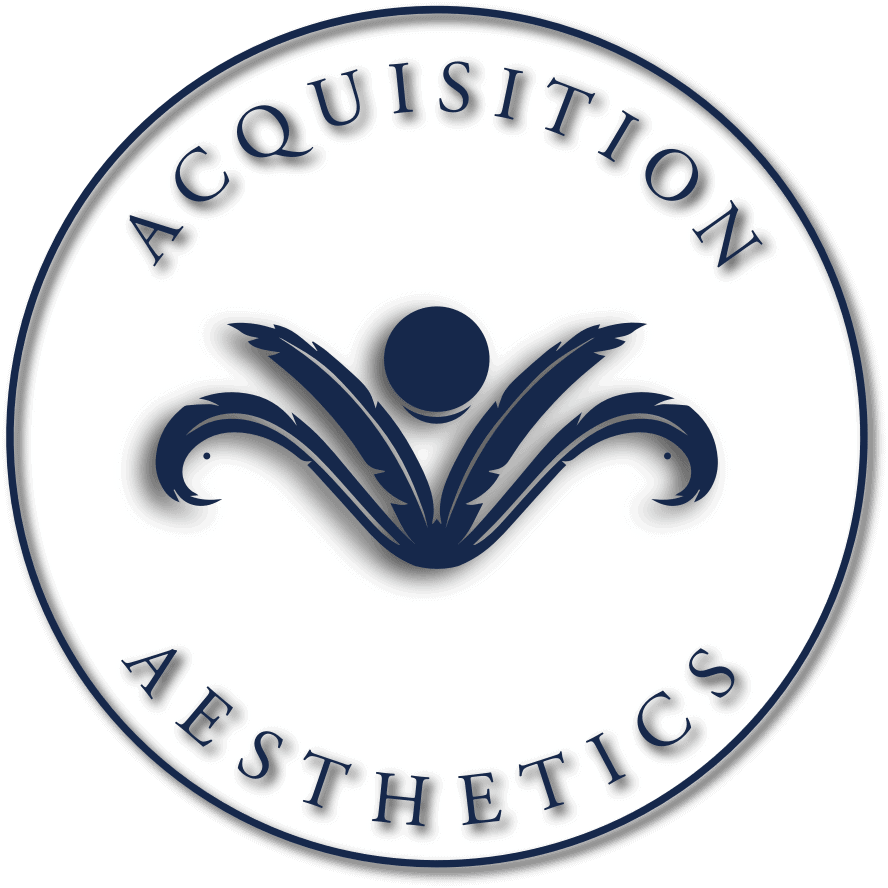In a year that has seen unprecedented changes in consumer mindsets and priorities, thousands of businesses up and down the country have been hit hard by the effects of the coronavirus pandemic. Despite several months of uncertainty surrounding the future of the industry, it is clear that the aesthetics sector is one that has seen a skyrocketing demand from individuals throughout the UK in the past 18 months.
So, what has caused this significant surge in interest during a time that has caused so much disruption to our lives? It seems there are various reasons for the shifting trends within the aesthetics industry, which we’ll cover in this blog post.
Covid’s effects on the aesthetics industry in the UK
From the end of March 2020, businesses across the country were forced to close following the extreme spread of the Covid 19 pandemic. In a survey of 1360 practitioners that ran from the 22nd to 24th March, 80.51% of practitioners reported aesthetics clinic closures, and 48.82% revealed that they feared going out of business as a result of the nationwide lockdown. Since a large proportion of aestheticians in the UK also work for the NHS, the beginning of the pandemic was a particularly stressful time for those in the sector.
Despite the initial and understandable concerns echoed throughout the country by aesthetic professionals, many clinics observed a steady rise in demand for aesthetic procedures even while their clinics remained closed. It became clear as lockdown continued that consumers were keen to spend more on aesthetic treatments and eagerly awaiting the opportunity to do so once restrictions eased.
Why the increased interest during lockdown?
The ‘Zoom effect’
With the majority of the UK workforce suddenly based from home and work meetings reliant on technology, video conferencing platforms such as Zoom quickly became the daily norm. The drastically increased amount of time individuals have been spending looking at their own reflections on video calls has, of course, had a profound effect on the way consumers view themselves and has inevitably resulted in people comparing themselves aesthetically to others online.
It has been widely agreed throughout the aesthetics industry that this ‘Zoom-face-envy effect’ has undoubtedly made a massive contribution to shifting beauty trends and the increased demand for aesthetic procedures.
New priorities for consumers
Some of the few positives to come from the pandemic have been a growing focus on health and wellness and the desire for individuals to rethink their priorities and put themselves first for a change. With so much time spent indoors and the chance to assess future goals and aspirations, many people took the opportunity to address changes they wanted to make, both mentally and physically.
Since most people who undergo aesthetic procedures spend considerable time considering it before committing, the pandemic provided individuals with ample time to reflect on a decision they may not have previously had time to make.
A changing attitude towards aesthetic treatments
Whereas cosmetic procedures used to be a little-talked about subject that people often chose not to disclose to their friends and family, they are increasingly associated with positive life changes. The desire for increased confidence and the opportunity to feel more empowered are becoming some of the key reasons clients give for undergoing treatment — a stark contrast from the generalisation that plastic surgery and aesthetic procedures were purely for reasons of vanity evident in previous decades. Across the pond, the American Society of Plastic Surgeons (ASPS) conducted a study of more than 1,000 women, finding that 11% of them are more interested in aesthetic procedures than they were prior to the pandemic.
Rising demand from male clients
Over the past few years, there has been a phenomenal increase in the demand for aesthetic procedures from men. Since many prefer the subtle ‘tweaks’ that aesthetics medicine offers, rather than dramatic surgical procedures that permanently alter their appearance, non-invasive treatments are particularly favoured by men throughout the nation. The British Association of Aesthetic Plastic Surgeons (BAAPS) reported that a third of its members saw an increase in enquiries from men in 2020.
This interest has skyrocketed as a result of the pandemic, as a large number of men have felt the stressful effects of the pandemic and noticed the impact on their physical appearance with the added time spent at home and on video calls.
A shift away from surgical procedures
Cosmetic trends have changed drastically in the past decade, and it’s no secret that aesthetic medicine has become the favoured alternative to plastic surgery for many consumers throughout the country. With a reputation for being extremely costly and with often prolonged, painful recovery times, surgical procedures are not a viable option for a vast number of people.
Contrastingly, non-invasive treatments are accessible to a much wider pool of patients, suitable for far more modest budgets and for those who do not wish to undergo an invasive surgical procedure.
Aesthetics training in the UK and Ireland
At Acquisition Aesthetics, we provide gold-standard training to medical professionals, including doctors, dentists and nurses throughout the UK and Ireland. Our wide variety of courses offer both Foundation and Advanced options and provides an unrivalled learning experience for aspiring aestheticians. With an ever-growing demand from individuals for treatments from highly-qualified, experienced health professionals, there has never been a better time to undergo training in injectable procedures.
If you’re interested in finding out more about the training we offer, we’d love to hear from you! Give us a call on 0203 514 8757 or email contact@acquisitionaesthetics.co.uk to speak to a member of the team.

